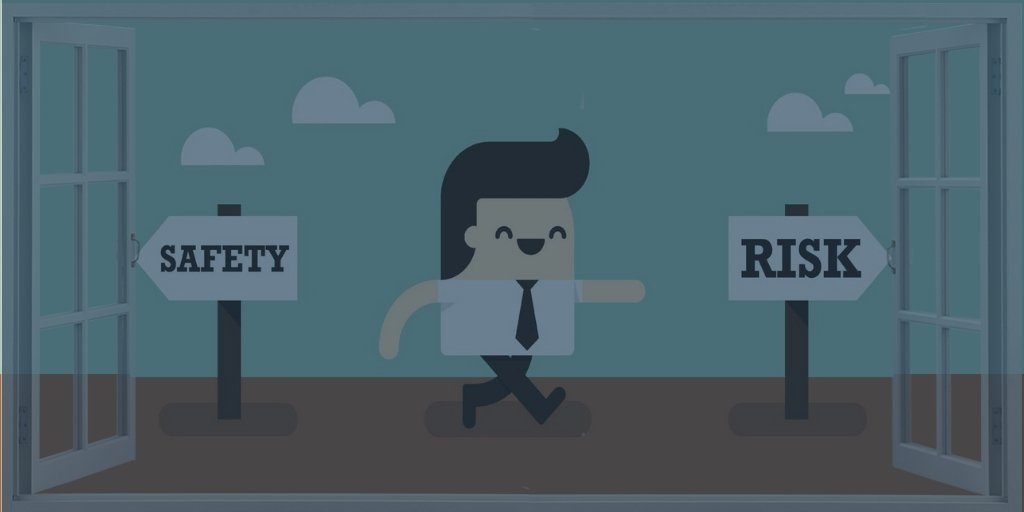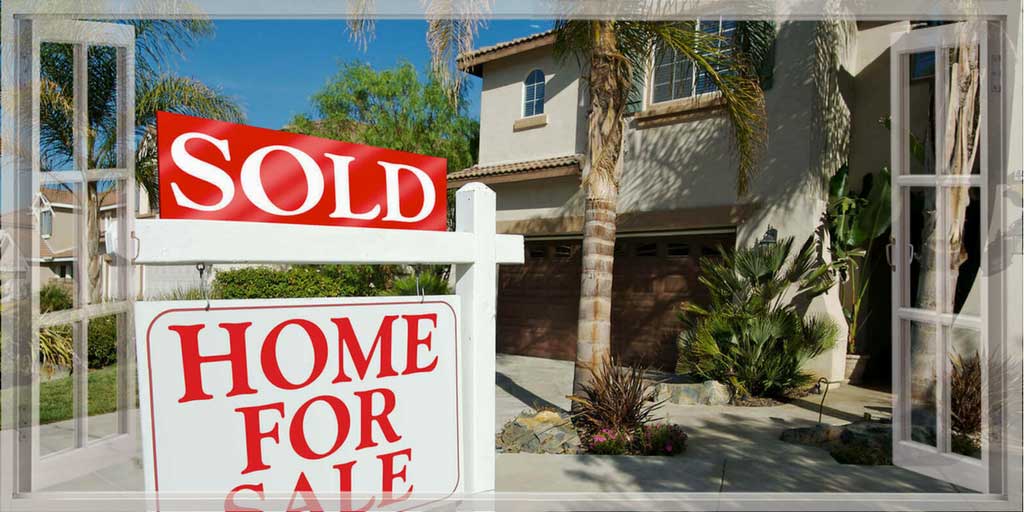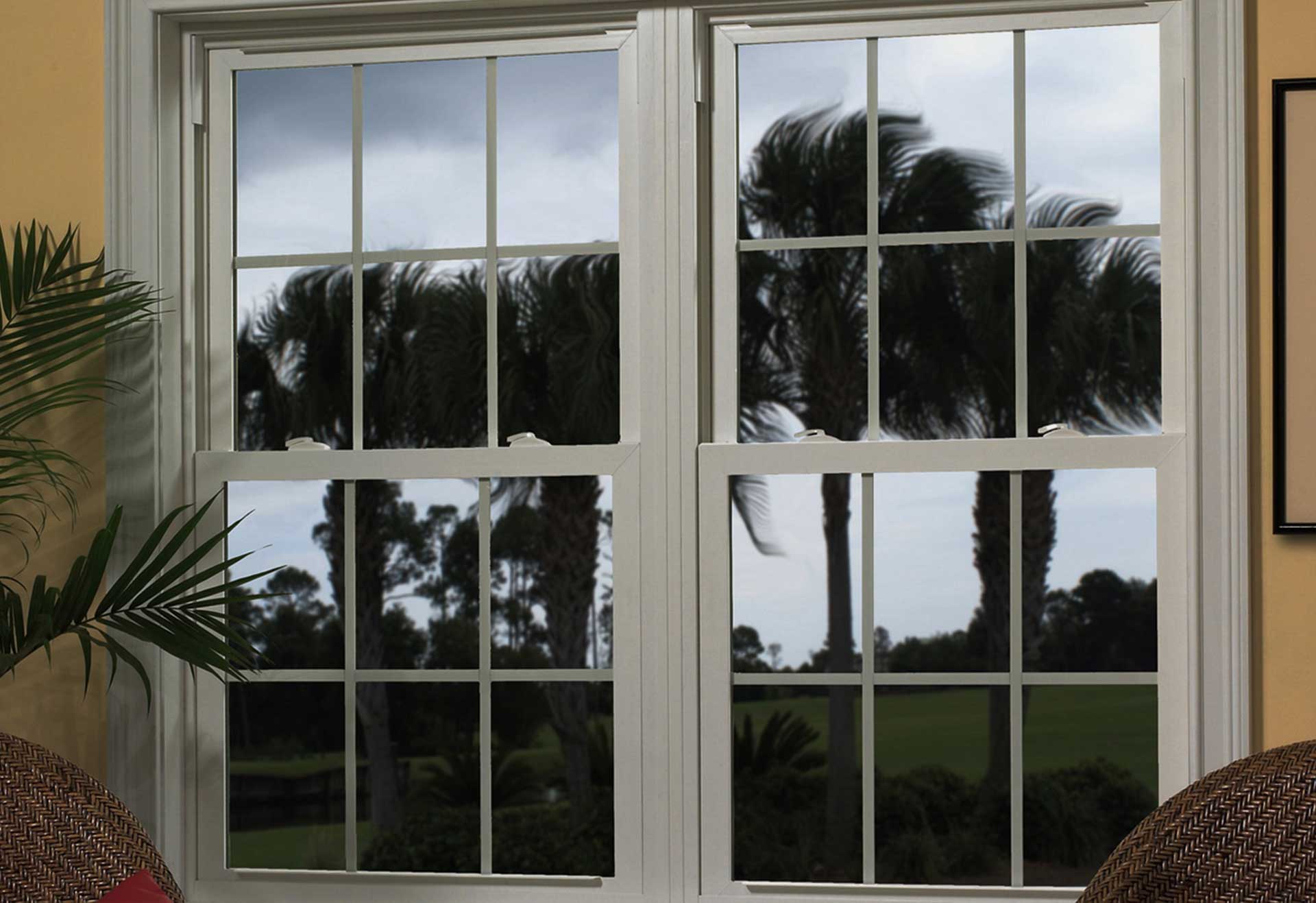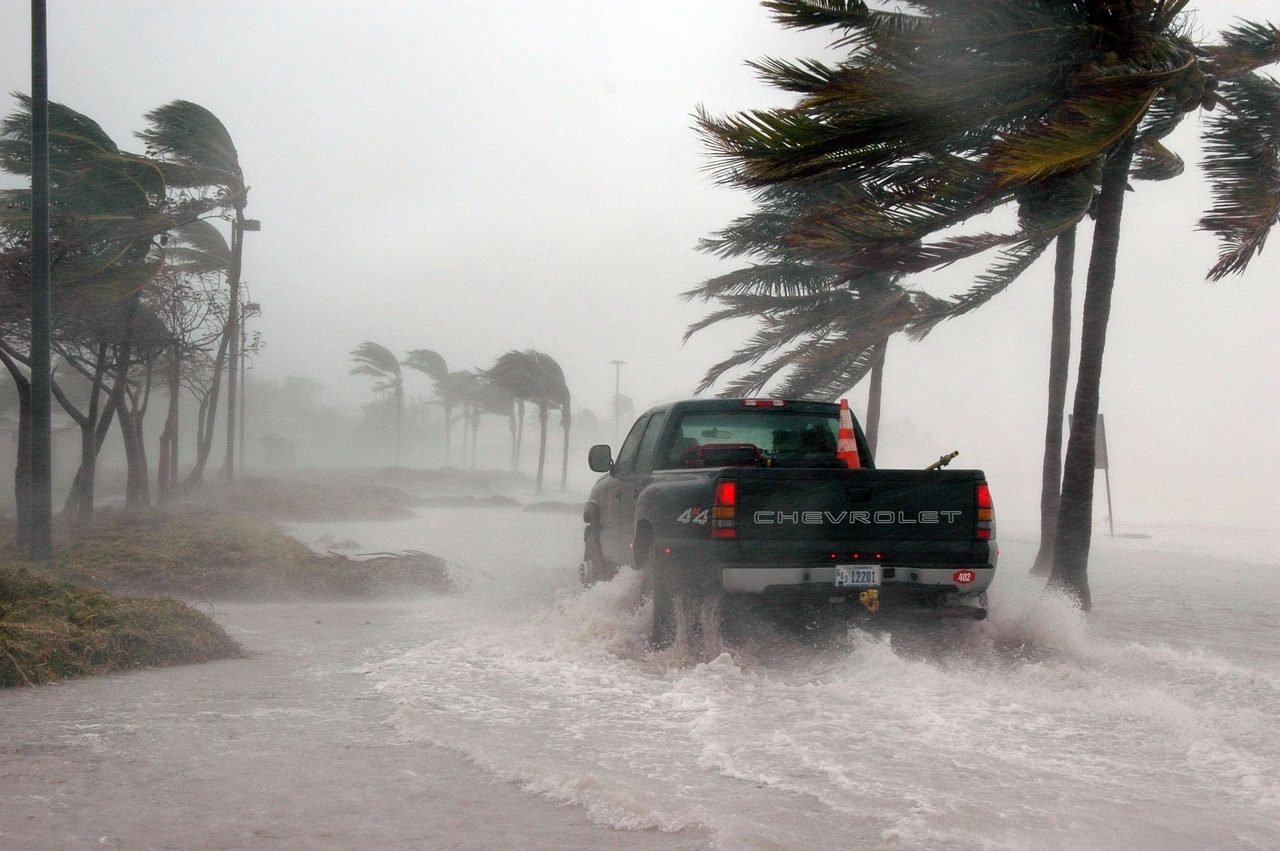
Humans and Perception of Risk
 You can argue with your own DNA…
You can argue with your own DNA…
…but it won’t do you much good.
HUMAN PERCEPTION OF RISK
What’s in there is part of you, and it will remain part of you for your entire existence. DNA is the map of your entire being, and it includes all the hardwiring that has been handed down from your ancestors… All of your ancestors—from generation to generation to generation.
And that’s a good thing. You’re alive today in large part due to the successful ability of your ancestors to analyze danger—quickly—and take the necessary steps to survive. But in today’s world, some of that DNA may cause errors in overall risk assessment. This is stated by David Ropeik, international consultant, widely sought-after public speaker, and instructor at the Harvard University Extension School’s Environmental Management Program.
His book, “How Risky is it Really? Why Our Fears Don’t Always Match the Facts,” communicates much of what Ropeik has taught about risk perception and risk communication at Harvard School of Public Health. In a nutshell: Risk is subjective.
MORE FROM ROPEIK…
The facts are the facts, but the way humans assess those facts of depends on how those facts feel. Some risks are more frightening and some less so, but determining the actual threat level is an important metric for people in today’s complicated society.
Ropeik points out why we’re too afraid of some smaller risks and not afraid enough of some of the big ones. He uses knowledge of the psychology of risk perception. In addition, he devotes an entire chapter, “Closing the Perception Gap,” to demonstrate how we can make better choices.
Part of the problem, says Ropeik, is that simple and obvious risks are something to which humans are well-adapted. The level of fear towards sharks and snakes is relatively equal. Yet venomous snakes kill only about 5 Americans per year, and sharks worldwide kill about 10 people per year, on average. Now these statistics aren’t comforting if you’re one of the ones being attacked, but the fact of the matter is these highly feared events comprise a very small risk segment for any individual person.
So let’s talk about something really dangerous:
Your Home
It’s, unfortunately, true that the place where most feel safest is the place where many deaths occur each year. 20,000 deaths, 7 million disabling injuries, and 20 million hospital trips originate each year on average in the U.S.A. within peoples home. And yet, most American adults surveyed say they can’t think of anything they should or would do to make their homes safer.
“Falls are by far the major problem,” said Carol Runyan, PhD, MPH, and director of the injury prevention research center at the University of North Carolina at Chapel Hill. Falls, in the home, “followed by poisonings.”
So the bad news is that humans depend on a risk perception system to protect them that is better designed to warn about sharks and snakes than more abstract threats. The good news is: we know this.
We know that humans assess risk more from an instinctual level rather than intellectual level. And that means we have the ability to work around this potential pitfall.
Ropeik has some suggestions:

Being able to respond quickly to an imminent threat is good, but more complex choices require deliberation. Get more information about potential risks, and think things through

Research has found groupthink is also a human trait and one that helps us at times as social animals. But when it comes to safeguarding yourself, make up your own mind after gathering information.

Humans tend to be overly optimistic. No one thinks something bad will happen to them. But by the time it does, it may be too late.

You may spend time in the sun, but the fact is that solar radiation is more dangerous than potential radiation from nuclear power. Flying may feel riskier than driving. But just because you are not in control while a passenger on a plane doesn’t make it so. Driving is much riskier.
But since you know this, intellectually, you wear a seatbelt to mitigate the risk. And go ahead and board the plane when it is time.
Humans are capable of making good choices—when they consider the situation, the level of risk, the alternatives possible, and how important the outcome could be.
And what about the threat of hurricanes?
We know we live in a place where hurricane damage is a major concern for residents in Florida. So the question is—if you don’t have protection for your home, why not?
Risk
Assessment
You may fear sharks and snakes more than hurricanes. But when the local sports team is named after the famous storms, you may want to put on the thinking cap and really consider the risk of not having protection.
Impact windows and doors from Florida Window Experts offer the protection for you and your loved ones, and another benefit as well. You’ll never again have to board up your home, or put up regular shutters, or pull accordion shutters in each room and door ever again.
Hurricane impact windows from Florida Window Experts offer all the advantages of regular windows. That is, a view, light, fresh air and easy to open and close. Along with this comes the highest degree of protection possible for you and your loved ones. Your windows become your shield against the power of the storm.
Florida Window Experts offers impact windows with missile level “D” protection. That means the glass in these windows meets the test standard for a 9-pound 2×4 lumber missile striking the product end-on at 50 feet per second.
Consider that level of protection while making up your mind. Something else for your risk assessment: these windows are safer than shutters, because they allow the same ability to leave from inside the house as a regular window. Security in and out… that’s Impact Windows from Florida Window Experts.
Florida Window Experts offers hurricane impact windows that protect from even the most severe hurricanes. You’ll never need to use plywood, put up shutters, or close all those accordions again.
You get peace of mind… fresh air… convenience… AND MISSILE LEVEL D PROTECTION!
- Installations are ALWAYS performed by the dedicated installers at Florida Window Experts. Count on them to take care of your home like it was their very own.
- And because of this, Florida Window Experts offer you a Life Time Warranty!
Florida Window Experts. Our windows pay for themselves.
Contact us at 561-477-6659 or visit floridawindowexperts.com/contact/ to ask questions or get a free estimate on hurricane impact windows in South Florida.



 You can argue with your own DNA…
You can argue with your own DNA…










